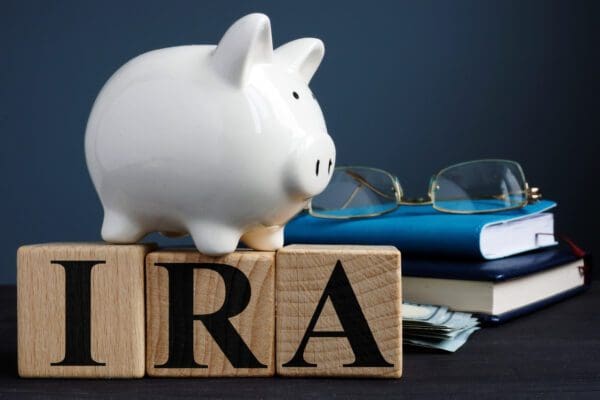By Rebekah L. Kohmescher and Donald J. Sorota, Altair Advisers LLC
Donor advised funds (DAFs) have grown steadily in popularity over the years due to the ease of administration and control they offer donors over their charitable gifts. Now their advantages are increasingly being put to use in the selection of DAFs as IRA beneficiaries.
Tax benefits, while not the sole reason for these designations, clearly remain at their core. And a desire to lessen future estate tax liabilities is a current catalyst, given the likelihood of tax rates being raised at some point to address huge government budget deficits.
For clients who are hovering around the exemption levels, naming a DAF as charitable beneficiary in an IRA can be a comparatively quick and easy way to minimize the estate tax.
A couple of our clients have made this designation recently and the estate tax was the common factor. One had no federal estate tax liability but did have state estate tax liability. Changing the IRA beneficiary to a DAF was a simple way to eliminate the state estate tax. In the other case, a Florida client changed his IRA beneficiary so his children got his estate and the amount that would have gone to the federal estate tax now will go to the DAF upon his death.
Leaving IRA benefits to charity through a DAF may not move the needle for billion-dollar estates. It can work really well, however, for those who can get within the federal or state exemption level by doing it.
Beyond the obvious tax benefits, the main reasons to name a DAF as IRA charitable beneficiary include the following:
Simplicity and flexibility
This move is easy to accomplish – no attorney or new trust agreement is required – and helps avoid administrative and other burdens.
- Many donors change their minds about which charities they will support. Once having named a DAF beneficiary, there is no need to notify the IRA administrator each time this happens.
- Naming multiple charities as beneficiaries of an IRA can be time-consuming, as families may need to follow up and check to make sure the charities received the checks. Some IRA administrators also limit the number of charitable beneficiaries that can be named.
- Creating a DAF enables donors who want to avoid overloading a single charity with a large grant after death to have the successor advisers make grants over time.
Family involvement and legacy
Naming a DAF as IRA beneficiary can have a broad impact well beyond taxes. Children named as successor advisers enables family values to be passed on from one generation to the next. In addition:
- Many donors want their families to continue to give over time, so they may designate some grants from the DAF to be made after their death while retaining a core amount so the family can continue to make grants for years thereafter.
- Some donors create legacy DAFs, to be established during their lifetime but funded at death from an IRA (or even from a non-retirement account). There typically is no charge to establish these; they also provide an opportunity for advisers to get to know and work with their clients’ heirs.
- Others create DAFs during their lifetime so they can more actively engage the next generation. (The IRA can further fund this after death.) This provides training to families while the wealth creators are living so they can discuss causes and charities to support with their children and grandchildren.
The practice of designating DAFs as IRA beneficiaries has picked up recently because it is cheaper and easier than going to an attorney and creating more complexity with a family’s estate plan. It is likely that it will only accelerate as the payoff becomes clearer and as we move toward a higher tax environment. And finally, it is a revocable designation that can be changed at any point by the client during their lifetime.
At American Endowment Foundation, we look forward to helping donors and advisors determine the best strategies for their charitable giving. Please contact us or call at 1-888-966-8170 with any questions.
Rebekah (“Beka”) Kohmescher and Donald Sorota are founding partners of Chicago-based Altair Advisers. Beka, a CPA and CFP®, is Altair’s chief executive officer, a post she has held since 2018. Along with responsibility for the overall management of the firm, she is the direct supervisor for managers of the consulting, investment operations, client reporting and office administration teams. She previously served as chief operating officer, head of compliance and in client service and operational roles following the firm’s founding in 2002. Don, also a CPA and CFP®, has extensive experience in a broad range of wealth management areas and has been providing investment counsel to high-net-worth individuals, corporative executives and family business owners since 1996. His role includes client service and business development.

